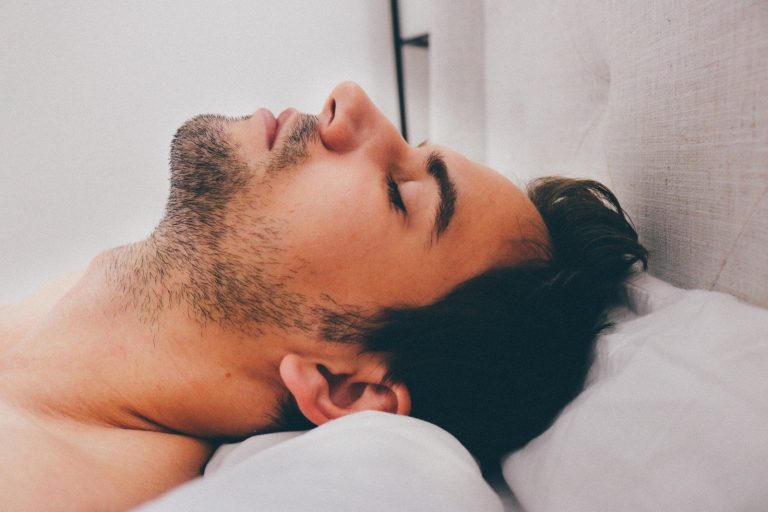
Sleep disturbances and snoring are often associated with sleep apnea, a common and serious sleeping disorder that happens when your regular breathing is interrupted during sleep. Surprisingly, your oral health could be to blame.
Not all snorers have sleep apnea, but snoring is a common symptom. Sleep apnea results in repeated breathing interruptions and pauses that last a few seconds to a couple of minutes and occur 30 or more times per hour. The National Sleep Foundation estimates that 18 million Americans have sleep apnea. Although men are more likely to develop sleep apnea, the condition can affect anyone at any age.
Obstructive sleep apnea, the more common form, occurs when the soft tissue at the back of the throat collapses during sleep. The collapse results in blocked airflow and breathing interruptions. Central sleep apnea is less common and results when there is an irregularity in the way your brain signals your breathing muscles. Instead of interrupted airflow, the brain simply fails to signal your muscles to breathe. This type of sleep apnea is more severe and can occur with conditions such as brain tumors and infections, heart failure, and stroke.
Sleep apnea can be treated. Sometimes correction is as simple as adjusting your sleeping position, using a Continuous Positive Air Pressure (CPAP) machine, or using an oral appliance. Your dentist may advise you to use an oral device that shifts and supports the jaw to promote an open airway. The device holds your lower jaw forward and moves the tongue away from the back of the throat. Your dentist is the best professional suited to fabricate, fit, adjust, monitor, and treat complications associated with an oral appliance in relation to treating sleep apnea.
More extreme cases of sleep apnea may require surgery. Surgery options range from minimally invasive to complex. It may be necessary to remove the tonsils, part of your soft palate or parts of your throat. Doctors and dentists will usually recommend surgery only when other other treatment options are unsuccessful in eliminating sleep apnea symptoms.
If you think you have sleep apnea, make an appointment today to speak with your dentist about a sleep apnea evaluation.